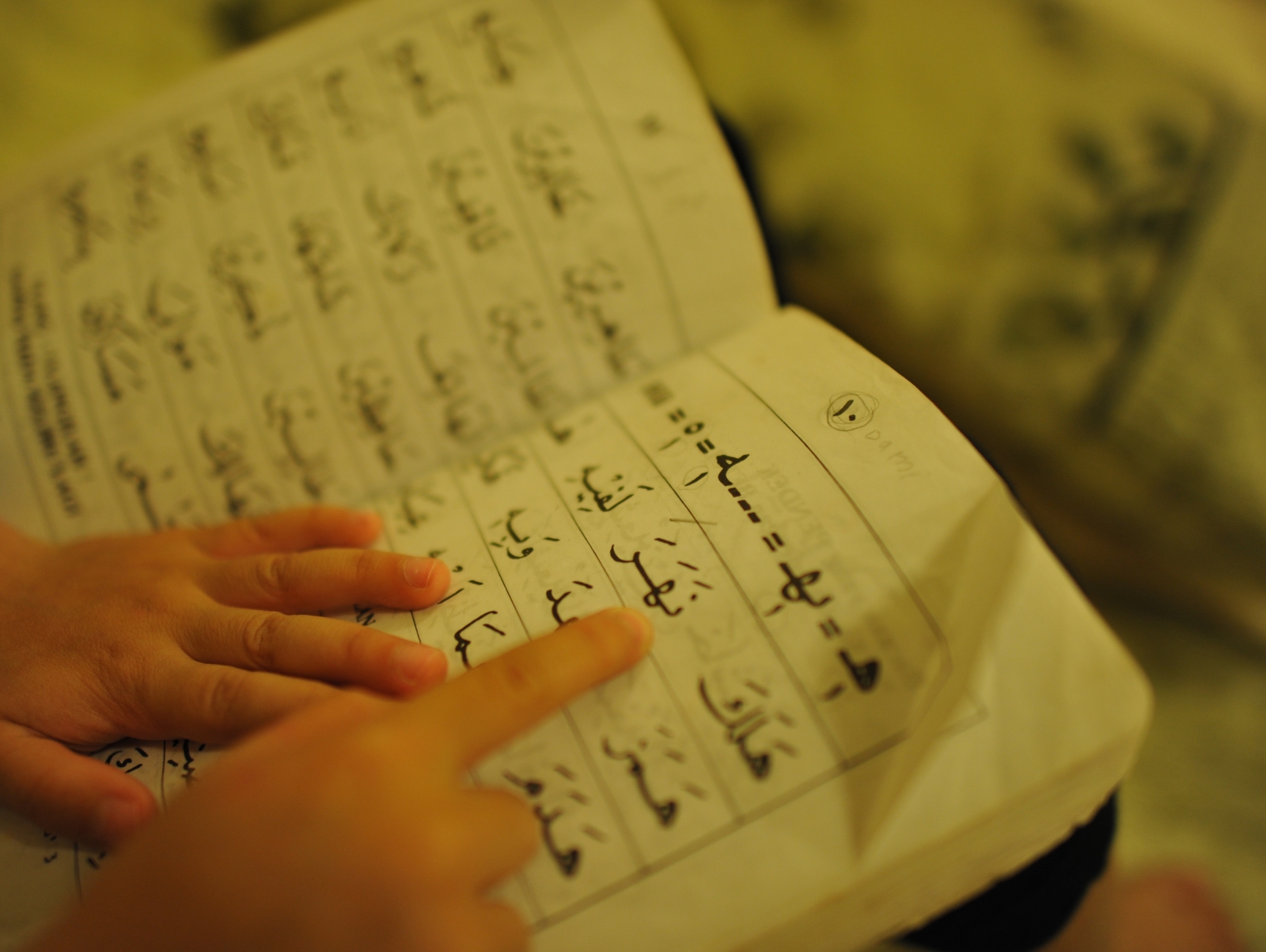I grew up learning the Quran without tajweed. As a non-Arab who didn’t have access to teachers who teach Quranic tajweed in the real sense, my recitation was filled with every error possible.
Pronunciation and spelling mistakes and difficulty in pronouncing Arabic alphabets are just some of the issues that I encountered while reciting the Quran without tajweed.
I am sure that this happens to a lot of Muslims too. Depending on where you learned about Islam and the teachers that you had access to, you may be one of the people who learned the Quran without tajweed.
Qataadah Radiyallahu’Anhu reports: “I inquired from Anas Radiyallahu ‘Anhu: ‘How was the recital of Rasulullah Sallallahu ‘Alayhi Wasallam ?’ He replied: ‘He recited (The words of madd) with a madd’”. (Shama’il Muhammadiyyah)
Tajweed is very important in the knowledge of the Quran. It is the knowledge of how words are pronounced, attributes and characteristics of Arabic words, when to pause, stop or continue during the recitation of the Quran, etc. Tajweed is what makes our recitation perfect the way that the Messenger of Allah (SAW) received and recited the Quran.
Beyond fixing your pronunciation and other things, the knowledge of tajweed actually helps you in your journey to moving closer to the Quran.
Narrated Aisha: The Prophet (ﷺ) said, “Such a person as recites the Qur’an and masters it by heart, will be with the noble righteous scribes (in Heaven). And such a person exerts himself to learn the Qur’an by heart, and recites it with great difficulty, will have a double reward.” (Bukhari)
Improves your Concentration
The knowledge of tajweed improves your concentration while reciting the Quran because, in a bid to get your words right and not pronounce them wrong, you are actually going to focus more on what you are saying.
Except for people who have mastered the tajweed and it is their default recitation method, everyone that is trying to get used to tajweed will find that the more they apply tajweed to their recitation, the more focused their mind becomes.
You recite carefully so that you are pronouncing properly, and you become more aware of what you are saying.
This is good for someone who wants to get closer to the Quran. Your relationship with the Quran takes on even more depth when you are patient and reciting the way that it should be recited.
Improves Recitation
Narrated Abu Huraira: Allah’s Messenger (ﷺ) said, “Allah does not listen to a prophet as He listens to a prophet who recites the Qur’an in a pleasant tone.” The companion of the sub-narrator (Abu Salama) said, “It means, reciting it aloud.” (Bukhari)
If you are moved by a Qari’s recitation and wonder how you can ever recite the Quran that way, then know that the knowledge of tajweed is what you need. The perfect pronunciation of Arabic alphabets can greatly improve your recitation of the Quran.
When you understand Quranic tajweed, you are able to give every alphabet its right, and what comes out of your mouth will be something that is beautiful to listen to, in sha’a Allah.
Improves Your Understanding of the Quran
For many people, learning to recite the Quran with proper tajweed also comes with learning to understand what the Quran says. It is possible to learn tajweed without learning Arabic, but most times, you find that even your knowledge of tajweed helps you understand a lot of things in the Quran.
Every time we seek to improve our relationship with the Quran, we should remember that it is not only about how long we spend reciting the Quran daily, or how many chapters we have memorized. While both of these are noble acts that we should practice daily, it is also important for us to know how to recite the Quran with tajweed, in the way that the Messenger of Allah (SAW) recited it.
Reciting the Quran with tajweed not only helps you recite the Quran properly, it also helps you improve your relationship with the Quran.
>>> Understand the Quran in as little as 10 minutes/day. Click here to learn more.
Related Video: Why is Tajweed Important?




Leave a Reply